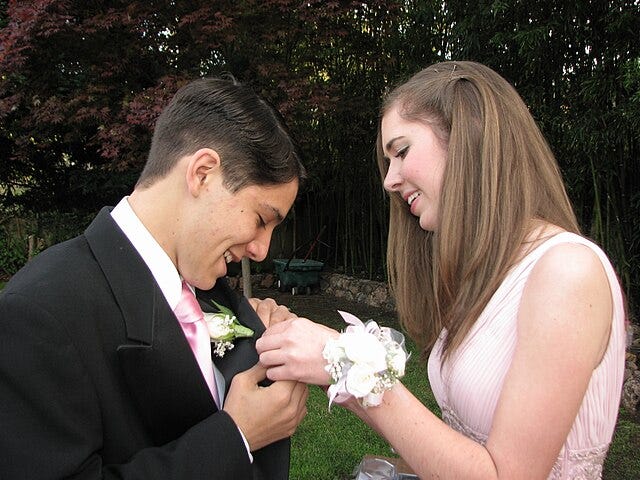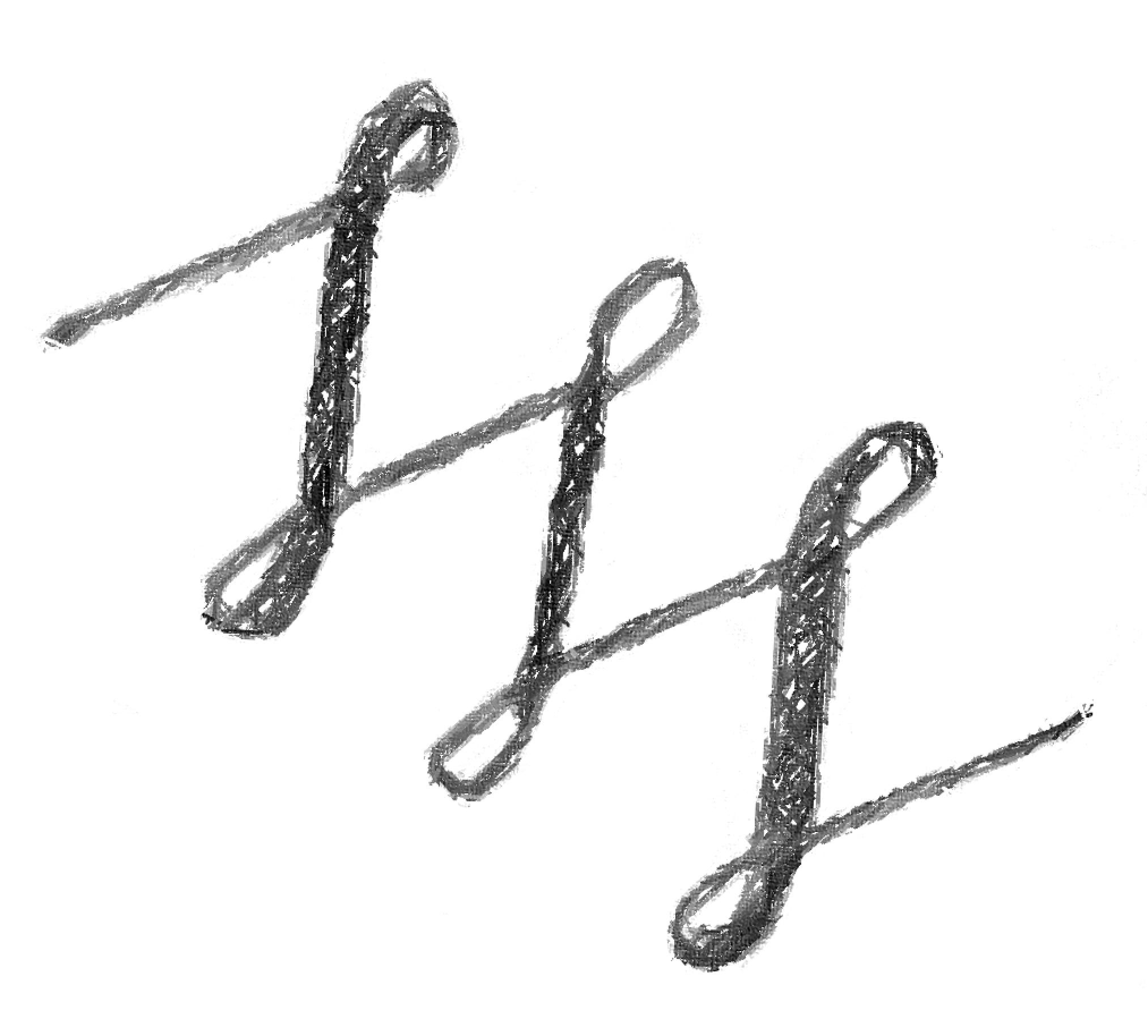Hi all,
Thank you for joining me for today’s song, “Marie”, by Laura Berkson, sung by Ronnie Gilbert, from the 1997 album by Holly Near and Ronnie Gilbert, “This Train Still Runs”. If you’d like to hear the song before you read the background, I’ve included a YouTube video below the article.
Below, you’ll find my interpretation of the lyrics (written in italics). Comments and questions are welcome. For Japanese students, vocabulary words in bold are provided in Japanese below. TOEFL (PBT) 450+, Eiken 2, CEFR B1.
(578 words)
Happy New Year! Starting the new year on a positive note! 🎵
Although it might not look like it at times, the human race has made progress over the centuries. People continue to stand up against war and violence. More people than ever before have access to some sort of education and healthcare, and human rights have improved in many countries. All of this has been through the struggle of average people working every day to improve the lives of others and themselves and the Earth.
One person who worked hard to help others in his community was Harvey Milk. He was elected to the San Francisco City government in 1977. In his position, he helped the elderly, people with disabilities, the Blacks, and the Asians who lived in his district. Harvey happened to be gay.
He gave a famous speech in which he said that there are young gay people everywhere who are afraid to come out because they might be rejected by their families or their friends. They might be bullied at school. Those young people might choose to stay in the closet or, in the worst case, commit suicide. But if they see that a gay man was elected to government in California, it might give them hope - and more choices: go to California or stay in their hometown and fight the discrimination.
Harvey Milk, Hope Speech, 1977:
The song today is about two young women who stayed in their hometown and fought. But it’s not exactly what you might be thinking….
The song is called Marie. It was written by Laura Berkson in 1989. It’s about two young women, Stephanie Salgado, 17, and Marie Hawkins, 18, who decided to go together to their high school prom, an annual dance party which is usually held for seniors who are going to graduate. The student council did not allow them to attend because there was a couples-only tradition. The women went to court to fight for the right to attend the prom as a couple. They related their story to the judge, and waited…
What is “prom night”?
There are a few other things that readers might not know about “Prom Night” in the U.S. In earlier traditions, a “couple” who attend the prom were male and female. The female wore a gown, and the male wore a tuxedo. He bought her a corsage, often orchids, and she bought him a boutonniere.

The male will walk her down the path to the gymnasium where proms are often held. The gym will be decorated with balloons and crepe paper decorations.
During the prom, they will dance, and others, who stand on the sidelines enjoying the refreshments, will watch the dancers on the floor. There might also be dance contests and the crowning of the Prom King and Queen, students who receive the most votes by the attendees.
According to a New York Times article, Stephanie and Marie originally wanted to go with their boyfriends, but they refused to go, so the two women decided to go together. This was in 1986 when gay and lesbian couples were just starting to attend proms. Stephanie and Marie were, in a sense, allies of the LGBT community, showing that it shouldn’t matter who you invite to dance with you at the prom.
The song is now a kind of anthem for young gay couples at proms.
Question (language learners, please leave a comment! :-)
Do (did) you have a special party or dance in high school in your culture?
GRAMMAR POINTS for language learners
Waltz is a noun. I enjoy dancing a waltz. It’s also a verb. They waltzed together all evening.
Careful!
every day = (adv.) each day; daily (毎日)
everyday = (adj.) ordinary, common, usual (日常的)
VOCABULARY
struggle 闘争
elderly 年配の, 初老の
disabilities 障害
be rejected by 拒否される
be bullied いじめられる
commit suicide 自殺する
discrimination 差別
relate 語る
presence 冠を付ける
refreshments 軽食
crown 冠を付ける
attendee 出席者
SOURCES
Court helps odd couple get to prom. The New York Times. Associated Press. (1986, May 12). https://www.nytimes.com/1986/05/12/us/court-helps-odd-couple-get-to-prom.html
For a longer version of Harvey Milk’s speech:
https://speakola.com/political/harvey-milk-hope-speech-1977
EXTRA!
Did you know there is a song called The Times Of Harvey Milk? It is the theme song to the 1985 Oscar winning film of the same title. Listen here:








@Louise Haynes Thanks for reminding us of such powerful stories.
It is such a shame that certain insecure control freaks feel threatened by the harmless and ignore the existential threats that lurk right around the corner or are only a three-hour missile ride away. On a positive note, think about the changes we've seen in the overall acceptance of gay/ lesbian individuals compared to when Harvey Milk lived. So many steps forward and yet there are miles to go.